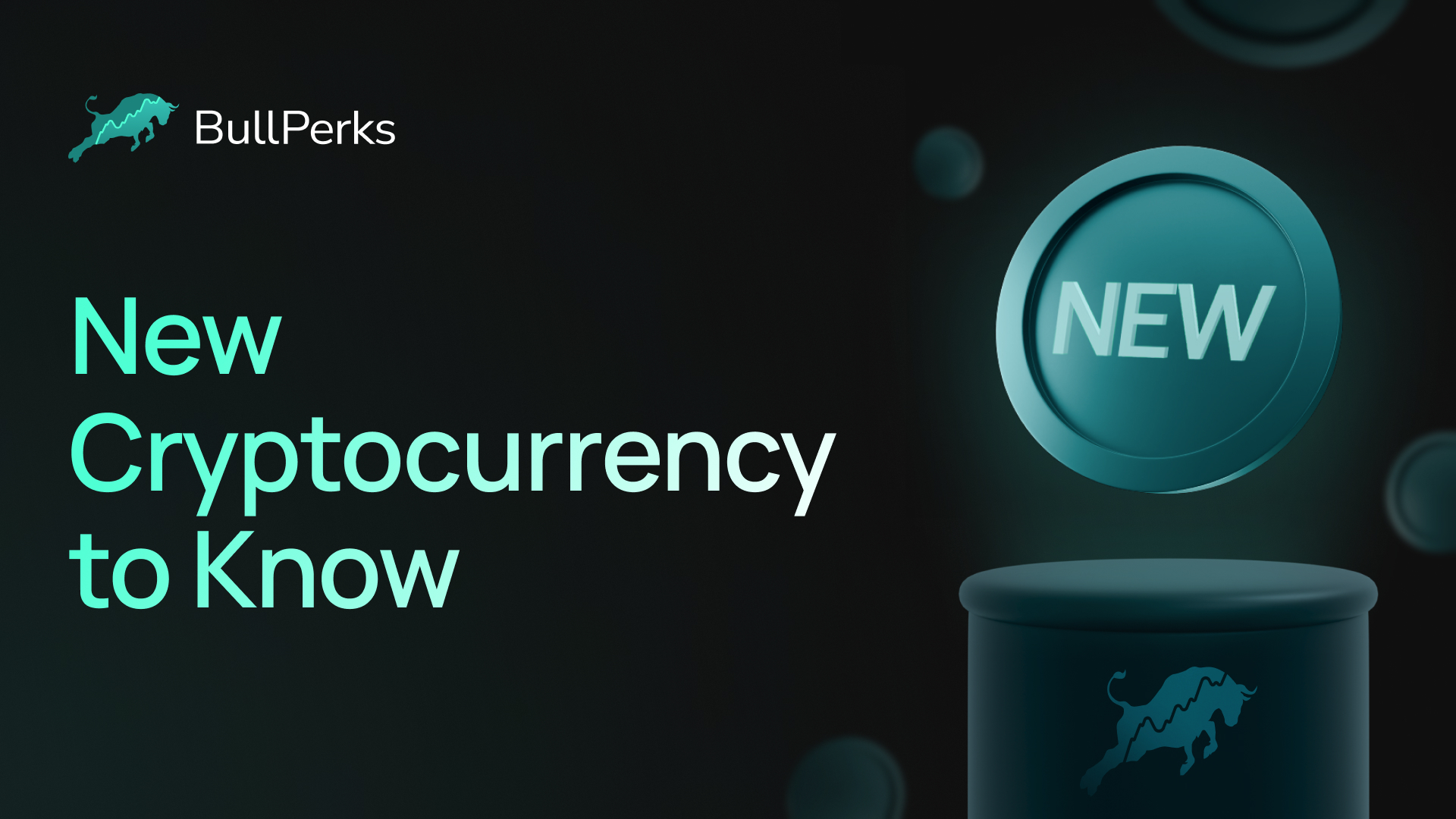The Importance of DeFi Liquidity in Cryptocurrency
15 Sep, 2022
The great and powerful world of finance runs on liquidity. Without available funds, financial systems come to a halt. DeFi, which stands for decentralized finance, is no different.
DeFi activities, including lending, borrowing or exchanging tokens, are based on smart contracts. These are fragments of self-executing codes. Users of DeFi protocols “lock” crypto assets into these contracts, called liquidity pools, for others to use.
Liquidity refers to how easily users can exchange one crypto asset for another on an exchange. On a decentralized exchange, liquidity is directly related to the number of tokens locked up in the liquidity pool. If a token lacks liquidity, holders will not be able to sell their tokens whenever they want. Many decentralized exchanges allow market makers to create multiple liquidity pools with different crypto coins. Interested in learning more about crypto liquidity pools, how do liquidity pools work, and more? Then read on!What Are Liquidity Pools?
Liquidity pools are smart contracts containing locked crypto tokens that platform users have provided. They are a crypto industry innovation with no direct equivalent in traditional finance. In addition to providing a lifeline for the core business of the DeFi protocol, liquidity pools also serve as hotbeds for investors with an appetite for risk and high returns. They are used to provide decentralized trading, lending, and many other functions. Many decentralized exchanges (DEXs) rely on liquidity pools. Users, called liquidity providers (LPs), add the equal value of two tokens to a pool to create a market. In exchange for lending their funds, they earn trading fees from trades that occur in the pool in proportion to their share of the total liquidity.How do DeFi pools work?
For any economic activity to take place in DeFi, there must be a cryptocurrency that needs to be supplied in some way. This is what liquidity pools are for. On centralized exchanges, this role is fulfilled by order books and market makers. When someone sells an A token to buy a B token on a decentralized exchange, they rely on tokens in the A/B liquidity pool provided by other users. Therefore, when they purchase B tokens, there will now be fewer B tokens in the pool, and the price of B tokens will rise. In other words, it is the economics of supply and demand.
Popular DeFi Crypto Liquidity Pools
Liquidity pools have emerged as a completely new concept in the crypto sphere. Let's take a look at some of the top cryptocurrency liquidity pools at the moment.Uniswap
It is a decentralized ERC-20 token liquidity pool that supports Ether (ETH) and ERC-20 token contracts in 1:1 ratio. It can be called unique for its flexibility in launching new exchange pairs in new liquidity pools for any token without fees.Balancer
Balancer is the next-gen liquidity pool. A decentralized liquidity pool also serves as a price sensor and non-custodial portfolio manager. Balancer features a modular pooling protocol that supports multiple pooling opinions and is flexible for its users.Bancor
This liquidity pool is an Ethereum-based top-notch platform that uses algorithmic market-making methods for leveraging pooled liquidity. It resolves the concern of volatility in liquidity.Curve Finance
It is an Ethereum-based decentralized liquidity pool tailored for Stablecoins trading. One of the main benefits is reduced slippage due to a non-volatile stablecoin.Convexity Protocol
It is another excellent decentralized crypto liquidity pool tailored for ERC-20 tokenized options contracts. Convexity Protocol stands out from the rest for the facility of creating collateralized option contracts and selling them as tokens.DeversiFi
DeversiFi is a decentralized and non-custodial liquidity pool powered by STARKEX smart contract. This liquidity pool has high transaction speeds ranging up to 9000 TPS with a layer 2 scaling engine. It also features support for private and public crypto wallets alongside off-chain trades and maintaining on-chain balance.












